Despite the fact that approximately 1 person of every 25 infected with Covid-19 will die, some people foolishly and irresponsibly discount the threat. They refuse to cooperate with—or even ridicule—the recommendations of health experts and medical scientists, exacerbating the spread of the disease. As we wait for a vaccine and effective therapeutic interventions, more of us will die –many unnecessarily—due to denial, inadequate preparation, and lack of appropriate response.
The global climate crisis, on the other hand, will impact us ALL. No one can hope to be spared from global warming by “playing the odds.” There will be no vaccine or therapy to protect individuals and communities, and as has been said, “There is no planet B.” We have already gambled too long in debate over the reality of the imminent danger. We can only hope to SAVE the one planet we share and the human community it supports before it is too late.
Limiting the proportions and outcomes of both global crises will depend on leadership and collective action. We must acknowledge the present dangers, heed the recommendations of experts and scientists, and act NOW. Viable solutions need to be big and lasting—which means bipartisan legislation and global cooperation. In the coming elections, vote for responsible leadership that will support cooperative science-based action at home and abroad.
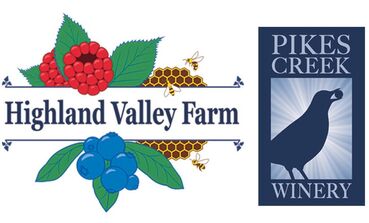
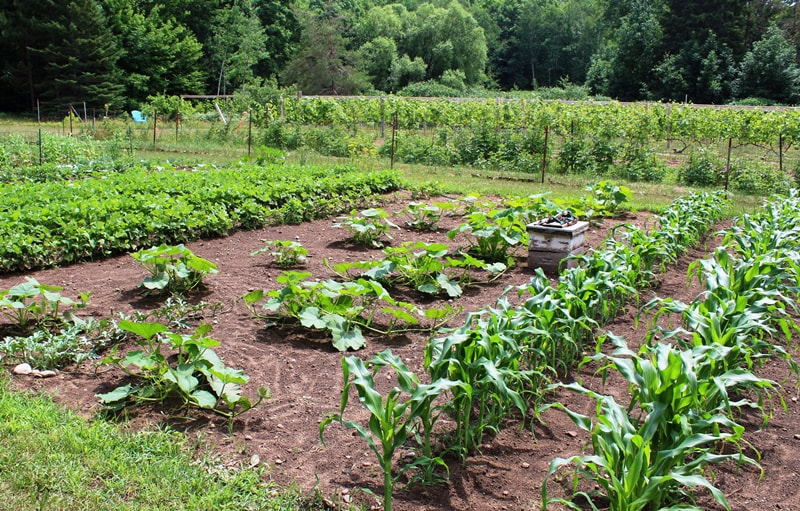
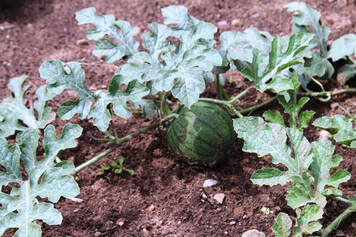
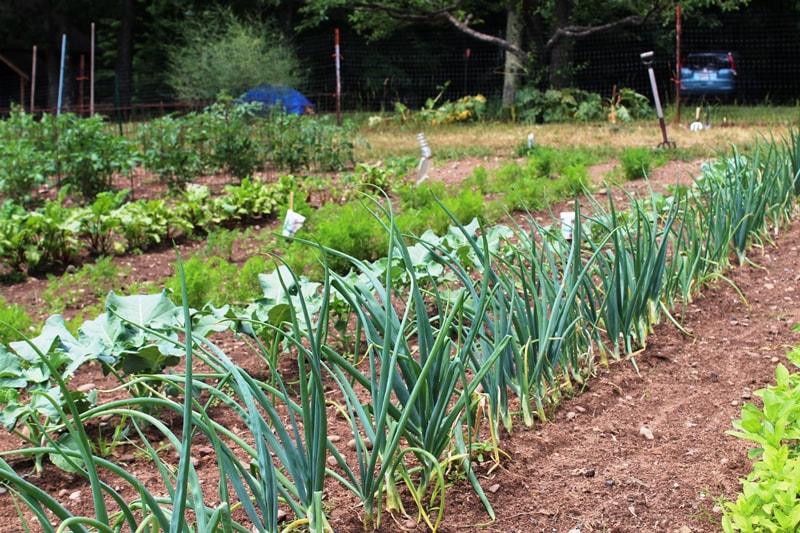
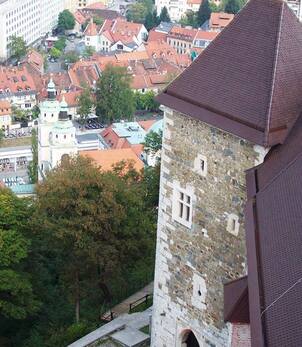
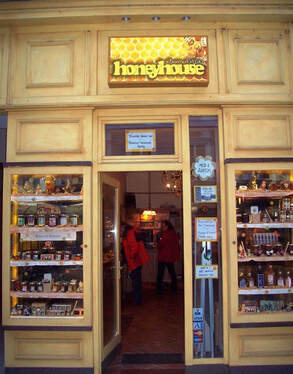
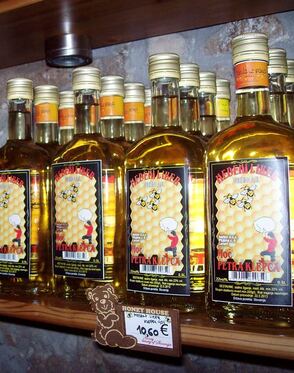
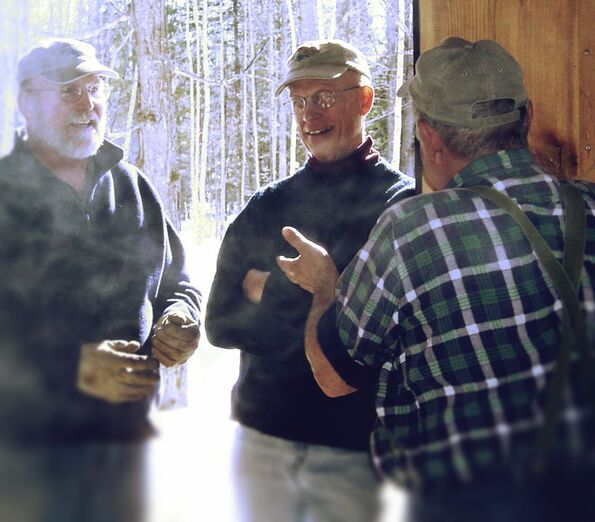
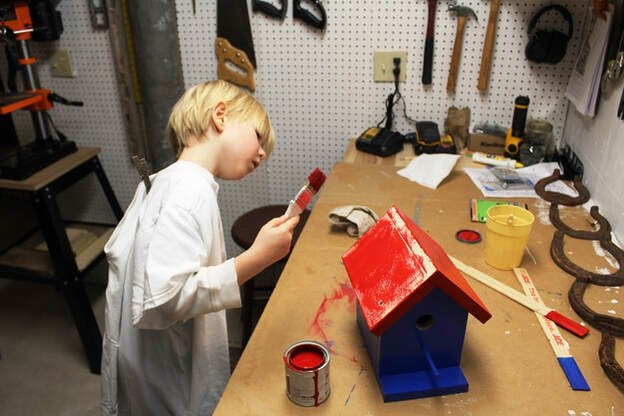
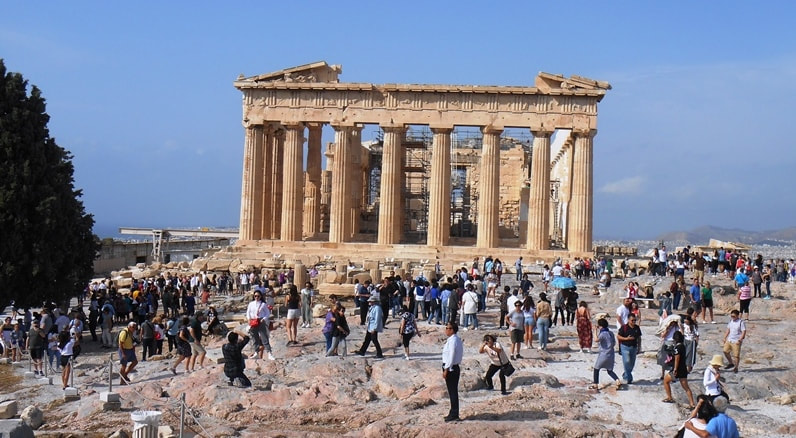
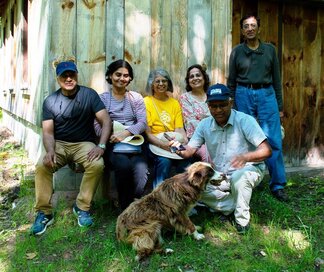
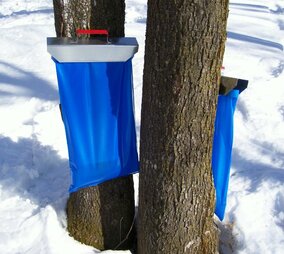
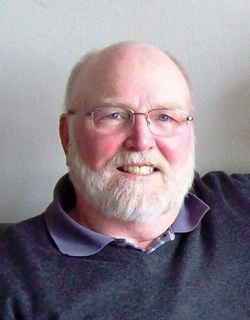
 RSS Feed
RSS Feed
